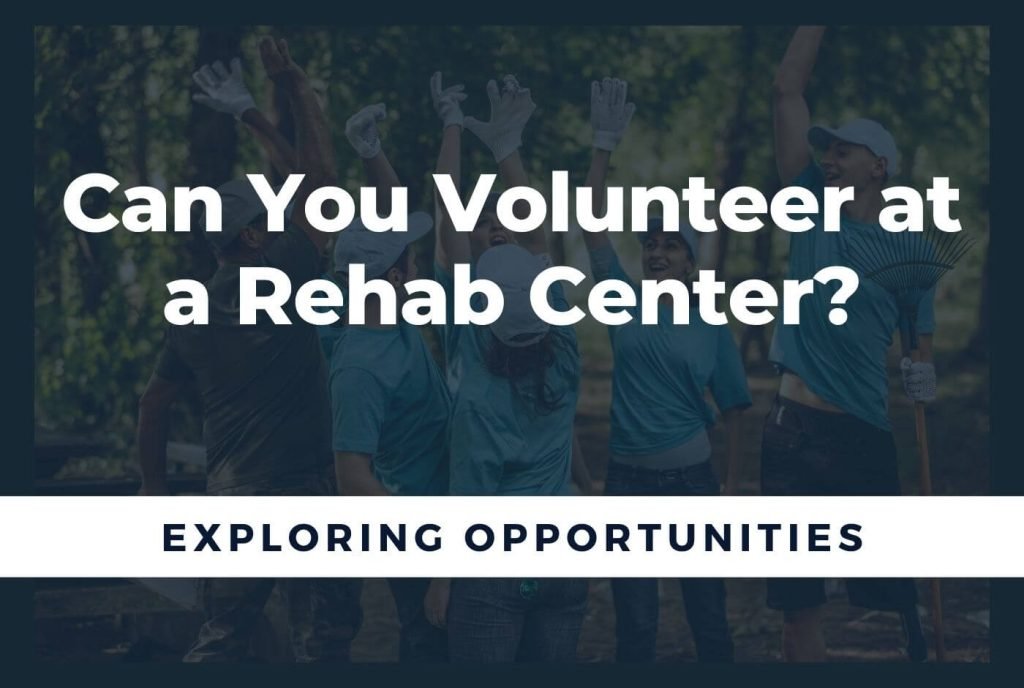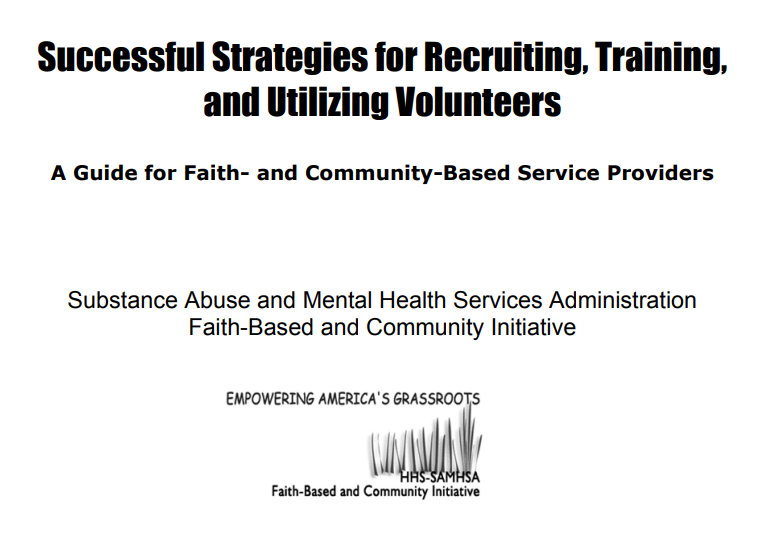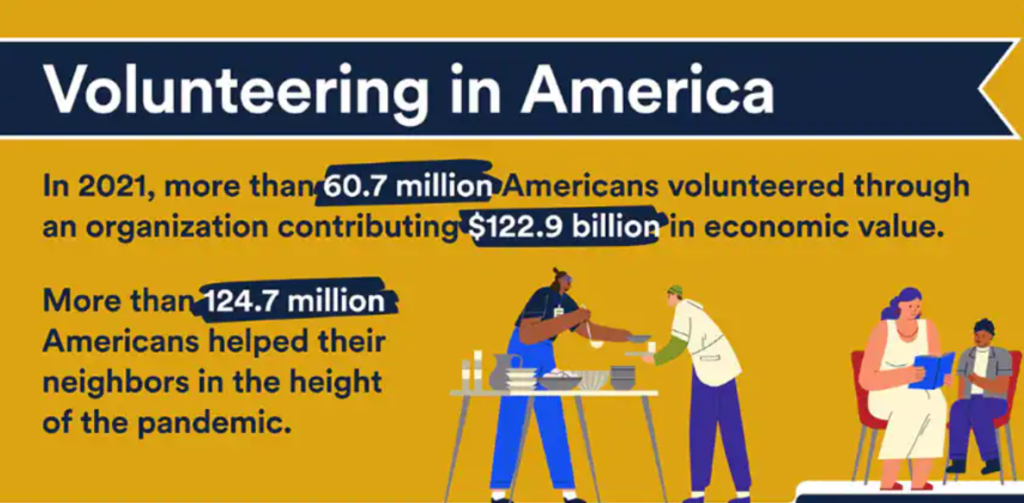As an expert consultant, I can ensure rehab centers accept volunteers. Being a drug rehab volunteer is a great way to help one another heal.
My experience and study prove that 96% of addicts improve their sense of humor by volunteering.
I will answer several relatable questions based on volunteer experiences.

Types of Drug Rehab Volunteer Opportunities at Rehab Centers
Rehab centers usually need volunteers for various jobs. You can volunteer for the following depending on your talents, interests, and availability: If you are good with administrative tasks, you can volunteer to help with paperwork, scheduling, and organizing donations. If you have a background in counseling or therapy, you can volunteer to lead support groups or provide one-on-one counseling for patients. Additionally, if you have a flexible schedule, you can volunteer to help transport patients to and from appointments or assist with recreational activities. Some rehab centers may also have opportunities for volunteers to help with outofstate alcohol rehab programs for individuals who are seeking treatment from other areas.
Administrative Support
Rehab centers need administrative assistants to organize, file, and answer phones. You’ll assist with daily tasks and maintain efficiency.
Patient Care
Addiction volunteers may be assistants in rehab center patient care.
You’ll comfort and encourage treatment patients. Help with meals, hygiene, and transportation.I saw people working in patient care for almost years. That made them strong. And they learned to care for others who need treatment.
Fundraising: Exploring Opportunities
A volunteer at drug rehab center can be a part of fundraisers and can organize activities. You will raise funding for programs and operations.
Helping with grant writing, donor interactions, and sponsorship solicitation is another addiction center volunteer way of tasks.
Marketing and Public Relations
You can use your writing, design, and communication skills as a rehab center marketing or public relations assistant.
An addiction volunteer will help spread purpose and vision and gain new clients and supporters. Help them with websites, social media, newsletters, and press releases.
Education and Outreach
Addiction volunteer as an education or outreach assistant is possible when you love teaching, mentoring, or advocating, might be a good choice.
You’ll teach others about addiction and rehabilitation. Help them connect with schools, community groups, and other organizations that may require support.
Essential Qualities for Volunteer Work at a Rehab Center
Volunteering is a noble work with some professional skills. Without some essential skills, you can’t cope with the tasks.
Even the government organization SAMHSA suggested a handbook for making volunteers suitable for the post.

Source: Successful Strategies for Recruiting, Training and Utilizing Volunteers
From my perspective as a specialist at rehab, you allow volunteers who have –
Empathy and Compassion: Practical Acts for Healing
You’ll interact with folks in painful recovery as a drug rehab volunteer. Empathize and be kind to them.
Empathy and compassion can develop trust and rapport with clients and make them feel supported and cared for.
Non-judgmental attitude and respect for confidentiality
Society stigmatizes addiction. The condition may make them humiliated or guilty. As a volunteer, you must respect dignity and privacy and not judge past or present decisions.
You must also keep client information confidential.
Strong communication and active listening skills
Communicate well with clients, staff, and other volunteers. Active listening involves listening to customers, asking open-ended questions, expressing thoughts, and summarizing essential points.
Active listening as a part of volunteer addiction services can improve client understanding, exhibit interest in tales, and encourage them to open up.
Patience and understanding
Recovery is complicated. Clients and volunteers must invest time and effort.
Clients may have setbacks, relapses, or frustrations, so be patient.
As a specialist, I saw it is needed to recognize hardships. But also appreciate their growth. As well as be encouraging but not demanding.
Flexibility and adaptability
Days of addiction volunteering are unpredictable. Every day may bring new experiences.
You may adapt to shifting situations and demands. Be receptive to learning from staff, co-volunteers, and clients.
What are the Time Commitments Involved in Volunteering at a Rehab Center? Time Well Spent
As an expert, I ensure punctuality is always rewarding, Even in rehab centers. It’s fair enough, as addicts are here to recover and get proper treatments and therapies. A single delay can hinder the progression.
Drug rehab volunteers may require a set number of hours per week, month, or year. Some treatment institutions need a one-time event or project, while others require at least 4 hours each week for 6 months.
Your support and flexibility can make a tremendous impact on staff and clients.
Know about the timing in detail here.
Weekly Commitments
Mostly, 3 hours per week of service is required as a volunteer in a rehab center. But ensure you have enough training and knowledge. You can choose it as a part-time job.
Monthly Commitments
From my years of professional experience, I noticed most rehabs want at least 80 to 100 hours per month, volunteers.
Who may give the time and effort consistently? Frequent changes of volunteers may impact the recovery of the addicts.
Yearly Commitments
Sometimes it’s considered as a two-semester time. Here, you need to be committed for 6 hours a day for at least five days a week.
Stories of success that have come from people who have volunteered at rehab centers
Addiction recovery volunteers have several options. Rehab centers need people with addiction experience, health care experience, or a willingness to help.

Source: National Volunteer Week 2023
Don’t believe me. Volunteers in recovery centers have had success stories. These stories will motivate and demonstrate your volunteer effect.
- Lisa volunteered as a peer mentor at a women’s treatment center. Lisa knew how hard it was to quit alcoholism after years of battle. After finishing her rehab program, she wanted to help other women.
Amy, a rehab newbie, was matched with Lisa. Lisa advised, supported, and befriended Amy. Lisa assisted Amy with job searches, apartment applications, and family reconnection. Lisa helped Amy finish her recovery program and start a new life. Amy called Lisa an angel who saved her from despair.
- James taught soldiers yoga at a recovery clinic. Former soldier James used narcotics to cope with PTSD. Yoga helped him overcome addiction and mental illness, and he wanted to share it with other veterans. He volunteered at the recovery center, teaching yoga twice a week.
Yoga helped James and his students relax, breathe, and stay present. Yoga fostered trust and connection among veterans, who felt safe expressing their tales and feelings. Volunteering at the recovery center offered James a purpose and a means to help his fellow troops.
- Maria, a homeless recovery center volunteer cook, is the third story. Maria wanted to make people happy with her cooking and baking. She cooked for residents and staff at the recovery center.
Maria said she cooked to convey her affection for people who had suffered so much. Cooking helped her bond with the elderly, who liked her meals and regularly complimented her. Maria enjoyed volunteering at the treatment facility because she felt valued.
These are some rehab volunteer success stories. Many more tales like this demonstrate how volunteering can improve someone’s life.
Volunteering in a recovery center might help addicts in a meaningful way. Learn new skills, meet new people, and get mental health experience. You can help with administrative work, emotional support, or group activities. Rehab centers need volunteers of many kinds. You just need compassion and a willingness to help.
- What to Pack for 30-Day Rehab? FREE Checklist - May 30, 2024
- Types of Outpatient Rehab: Difference One Should Know - March 28, 2024
- Truth Behind FMLA: Hidden Hurdles of Alcohol Rehab Leave - March 28, 2024